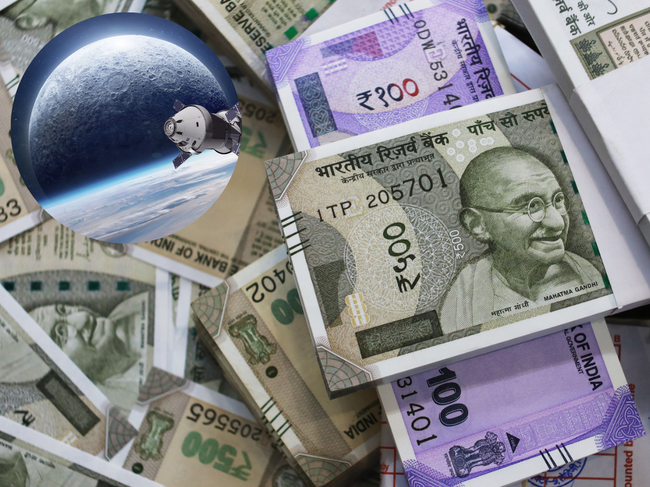
Transforming Lunar Waste into Opportunity: Join NASA’s LunaRecycle Challenge
NASA is calling for innovative minds to tackle the pressing problem of waste management during long-term lunar missions. With a prize pool of $3 million (approximately Rs 25 crore), the LunaRecycle Challenge is not just a contest; it’s an invitation to rethink how we handle waste beyond our planet. As NASA prepares for a crewed lunar mission slated for September 2026, this challenge emphasizes the critical need for recycling inorganic materials, which can include everything from food packaging to clothing and scientific equipment.

Strategies for a sustainable lunar future
Addressing the Waste Challenge
As space exploration evolves, missions to the Moon will require astronauts to stay for extended durations. This situation increases the demand for effective waste management strategies. Historical lunar missions, particularly those from the Apollo program, left behind a staggering 96 bags filled with human waste and other refuse on the Moon’s surface. To prepare for longer missions, strategies to manage inorganic waste like discarded food containers and outdated scientific gear must be prioritized.
Amy Kaminski, who oversees NASA’s Prizes, Challenges, and Crowdsourcing program, stressed the importance of sustainability: > “Operating sustainably is an important consideration for NASA as we make discoveries and conduct research both away from home and on Earth. With this challenge, we are seeking the public’s innovative approaches to waste management on the Moon and aim to take lessons learned back to Earth for the benefit of all.”
Competition Structure
The LunaRecycle Challenge is structured around two primary tracks:
- Prototype Build Track: Participants will design and develop hardware systems capable of recycling one or more solid waste streams directly on the lunar surface.
- Digital Twin Track: Here, competitors create a virtual replica of a complete recycling system, focusing specifically on the manufacturing of end products derived from recycled materials.
Teams are encouraged to register for one or both tracks, with prizes allocated individually for each category. This dual structure not only broadens participation but also stimulates innovative solutions to complex waste management challenges.
Rethinking waste in space
A Broader Impact
The implications of the LunaRecycle Challenge extend far beyond lunar missions. The innovative solutions developed through this initiative have the potential to revolutionize waste management practices here on Earth. As NASA is committed to leveraging lessons learned from space exploration, these insights could inform better sustainability practices at home, benefiting both local communities and global ecosystems.
With the stakes so high and the rewards enticing, the LunaRecycle Challenge is more than about winning a prize; it’s about driving change, fostering innovation, and ensuring that the journey to the Moon is sustainable for future generations. As we stand on the brink of a new era in space exploration, the call for ideas is clear: think creatively, act boldly, and contribute to a sustainable future both on Earth and beyond.
For more information on how to participate, you can visit the LunaRecycle Challenge site.
Conclusion
As we navigate the complexities of space exploration and strive for sustainability, initiatives like the LunaRecycle Challenge exemplify the collaborative spirit needed to conquer these formidable challenges. This is an opportunity for thinkers from diverse fields to engage with the future of lunar exploration while contributing positively to planetary sustainability. So gather your ideas, rally your teams, and join in the effort to redefine waste management for a multi-planetary future.














